Although we don’t set out to waste food, we still inevitably fall into those reckless little habits that can be tough to break. Fear not! From regrowing your own veggies from scraps to putting all those bruised fruits to good use, these tips will help you move toward a zero-waste kitchen in no time.
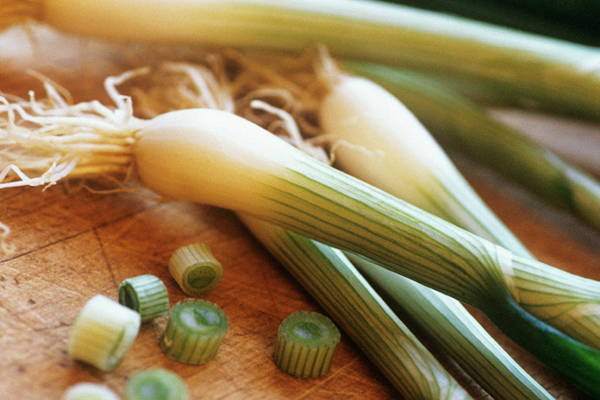
Grow (or Regrow!) Your Own Food
Maintaining your own veggie and herb gardens produces next to no waste, and provides you with an abundance of healthy food to feed your family. But did you know that some of those veggie scraps can be regrown right in your kitchen? Green onions, for example, will sprout anew from their chopped white ends. Simply put them in water, give them sunlight and watch them blossom.
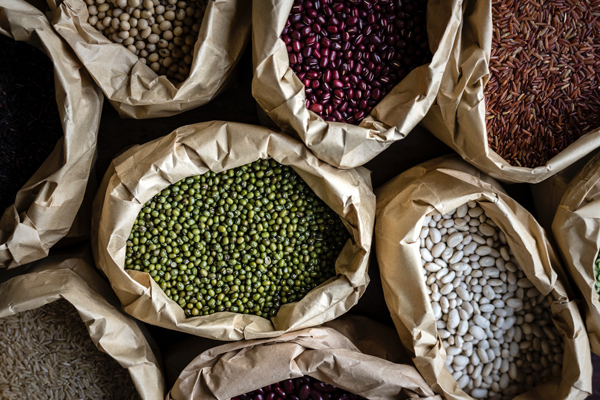
Soak Beans & Lentils Before Cooking
Having an energy-saving approach to meal prep can go a long way towards reducing both the overall cooking time and amount spent using gas or electric ovens. Simply soak dry goods such as rice, lentils, beans and noodles in advance to soften them up before cooking.
Get the recipes for 30 Healthy Recipes Featuring Beans and Lentils
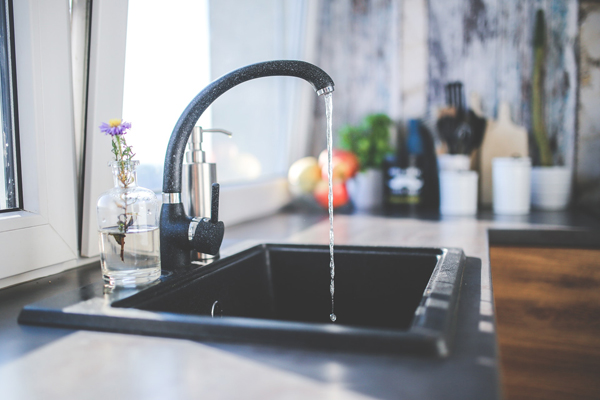
Don't Use So Much Water
This one might seem a little obvious, but it’s something most of us are guilty of forgetting on occasion. Avoid wasting water by running a half-empty dishwaster or individually rinsing dishes through the tap without filling the sink first.
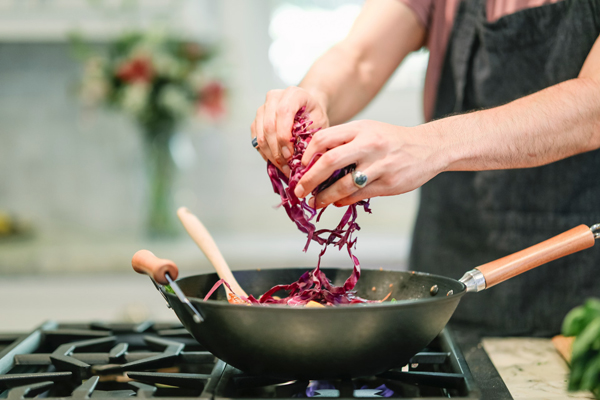
Start Meal Planning
Enforcing a rule of only shopping for the week ahead will help you drastically cut back on food waste and save you money in the long run. Plan meals for the week in advance, leaving a couple of nights free for enjoying leftovers or any last-minute change of plans. This process will also help you firm up a grocery budget.
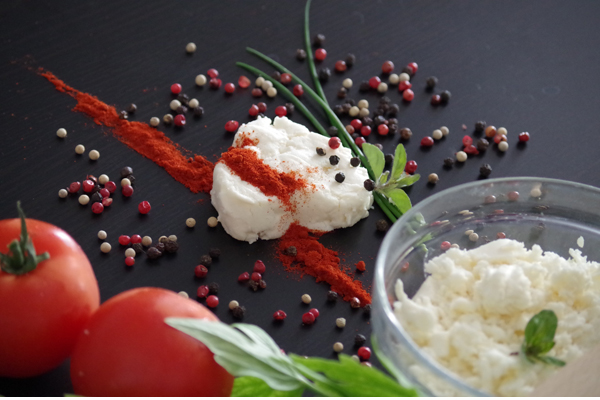
Make Cottage Cheese From About-to-Expire Milk
If you’re inching ever-so-close to that dreaded best-before date and you still have an entire carton of milk left, fear not! Believe it or not, there’s a recipe for that. As a nice little bonus, it’s an incredibly healthy recipe that can be enjoyed with fresh berries on top.
Get the recipe for Quick Cottage Cheese

Reuse Citrus Peels
Citrus peels make great natural cleaning products, especially if you’re looking to cut through all that grime in your microwave or oven. But did you know they also repel mosquitoes, making them even more of a household essential? They loath the smell of citrus peels, so you can rub it directly on your skin, or simply leave them in your compost bin.
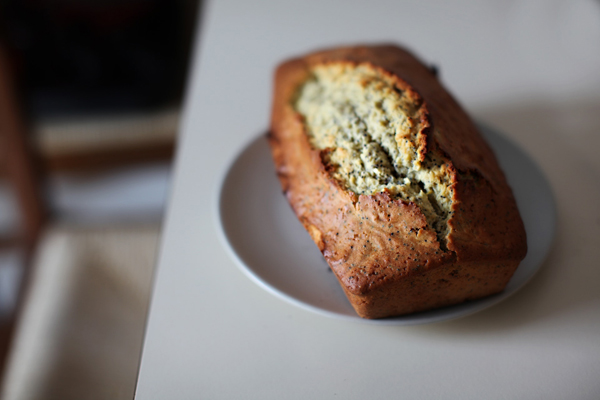
Bake with Bruised Fruit
Most of us know overripe bananas make for great banana bread, but did you ever consider using bruised peaches or apples for other baked goods? Instead of wastefully tossing these still-useful fruits in the compost bin, transform them into scrumptious pies, cakes or cobblers that can be enjoyed by the whole family.
Not sure what to do with those overripe bananas? Try this impressive upside-down cake
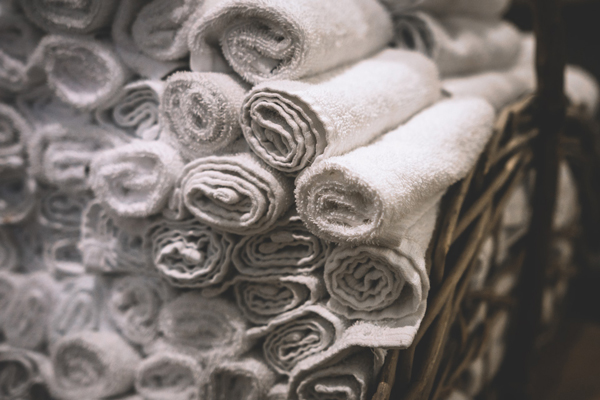
Eco-Friendly Cleaning Options
One of organization guru Marie Kondo’s general rules of thumb is to eliminate the use of paper towel in the kitchen. Instead, turn to the reliable sponge, which can be made to last quite awhile if you boil it on occasion to kill germs and odours. Not a fan of sponges? Microfiber cloths are also a great eco-friendly option. In addition, try using wire racks to drain fried foods instead of patting with paper towels.
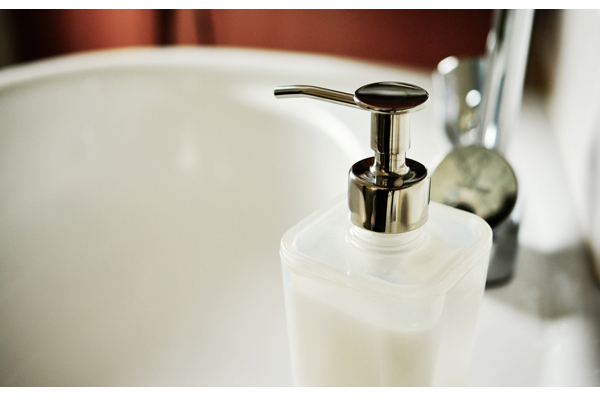
Reusable Soap and Cleaning Dispensers
To help reduce clutter and plastic waste, decant all household cleaning products, including dish and hand soap, and buy inexpensive pump bottles to house all your soaps and cleaning detergents. To take it one step further, toss out all those plastic freezer bags and opt for reusable silicone versions that are heat-resistant and leak-proof. The environment will thank you.
